Ten Questions for Meng Jin
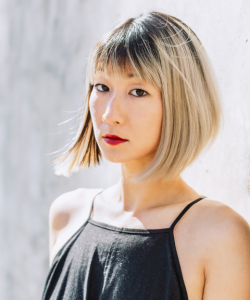
“I spent much of 2016 and 2017 not just trying to find my way back into the book but also trying to convince myself that art still mattered.” —Meng Jin, author of Little Gods
Jump to navigation Skip to content

“I spent much of 2016 and 2017 not just trying to find my way back into the book but also trying to convince myself that art still mattered.” —Meng Jin, author of Little Gods
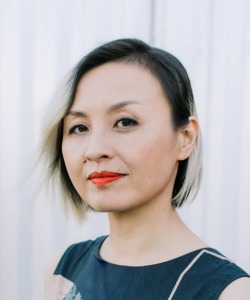
“What needs to start? What needs to stop? What needs to change?” Mimi Lok shares an exercise that helps her persevere through difficult writing projects.
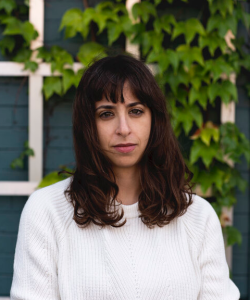
“It was important to me to err on the side of generosity in writing this book.” —Anna Wiener, author of Uncanny Valley
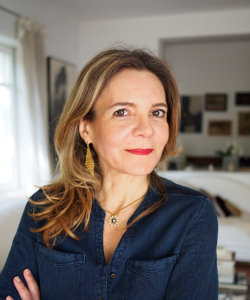
“I write every day when I am in the middle of a novel. And I write intensely when I am in the middle of a short story or a poem. At all other times I blame myself for not writing.” —Amanda Michalopoulou, author of God's Wife
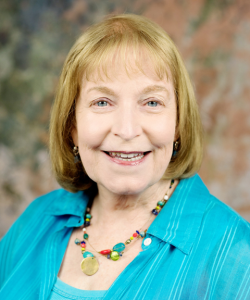
“The most challenging thing every time I sit down to write is to make the poem on the page as alive as the poem in my head.” —Barbara Crooker, author of Some Glad Morning
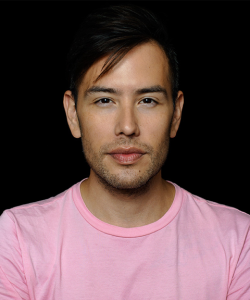
“Fridays I would slash and burn upwards of 80 percent of that week’s word haul. Anything that stayed had to earn its keep.” —Tommy Pico, author of Feed
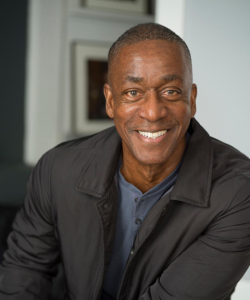
“I had to imagine the life of characters who shared some of my own history but had their own unique ways of being in the world.” —Jeffrey Colvin, author of Africaville

“Writing—the writing it down—has increasingly become the least important part of the process. Living in the world of the novel, existing as the characters, viewing the day-to-day from their perspective, is the most important thing.” —Jeff VanderMeer, author of Dead Astronauts
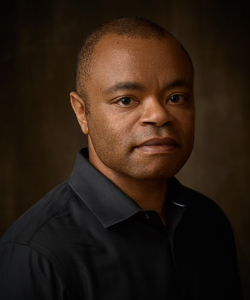
“Sometimes at the end of an eight-hour day I’d have a single paragraph to show for it.” —Dexter Palmer, author of Mary Toft; or, The Rabbit Queen
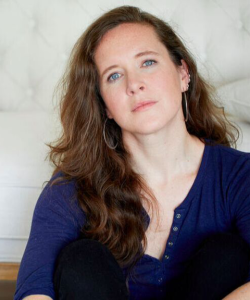
“Much of the book I had no recollection of writing, and it was strange to be confronted with what I’d done, as though I was getting access to parts of my mind I hadn’t known existed.” —Nina MacLaughlin, author of Wake, Siren